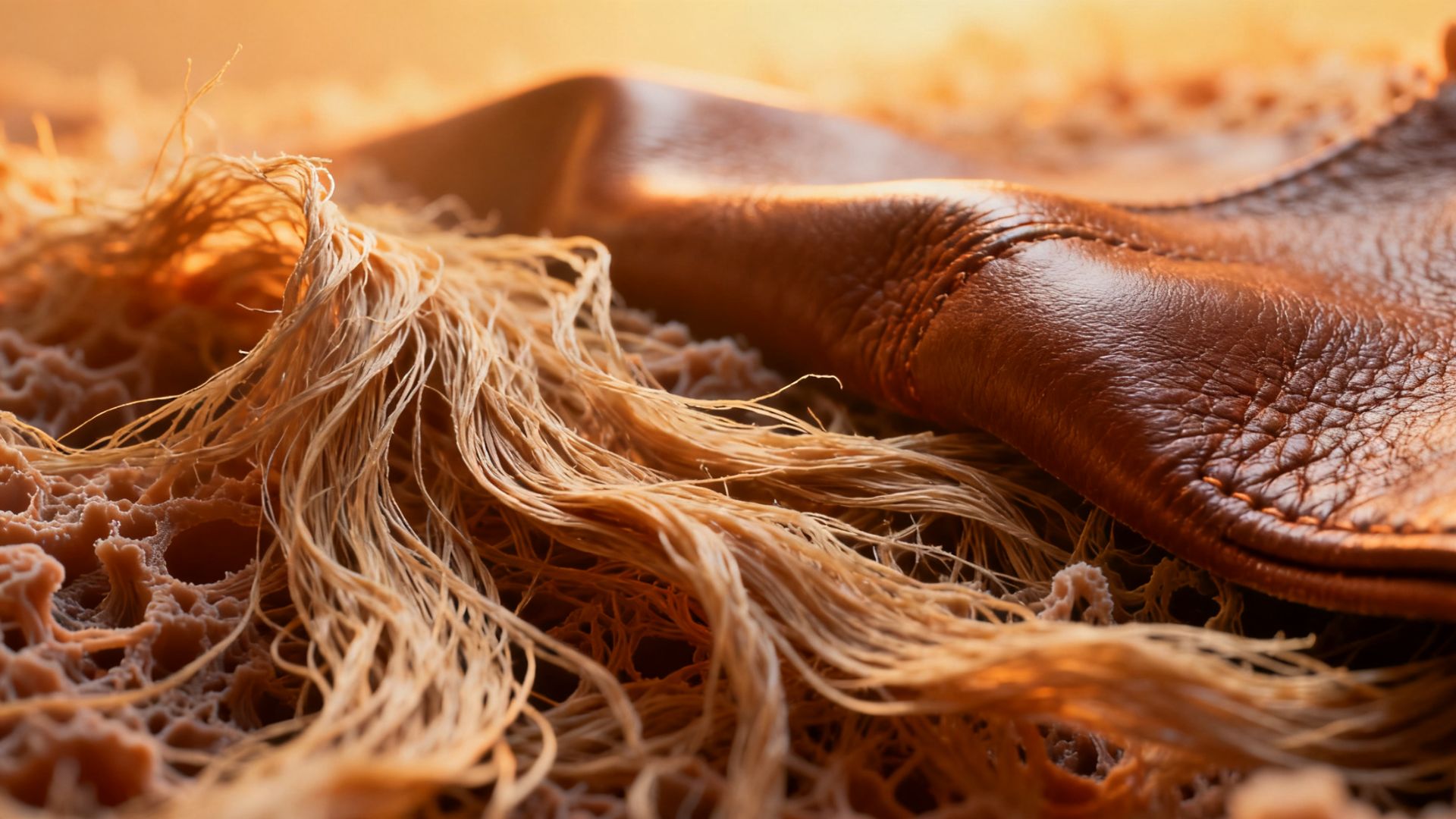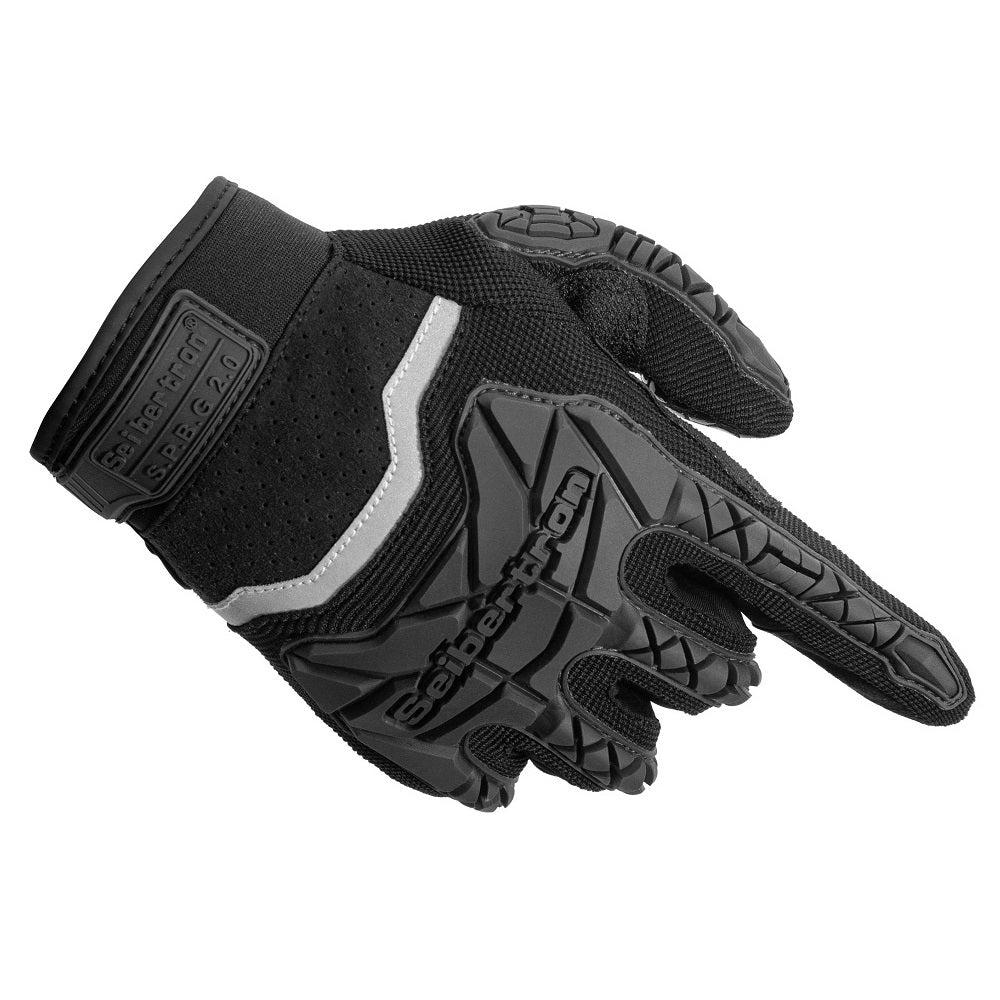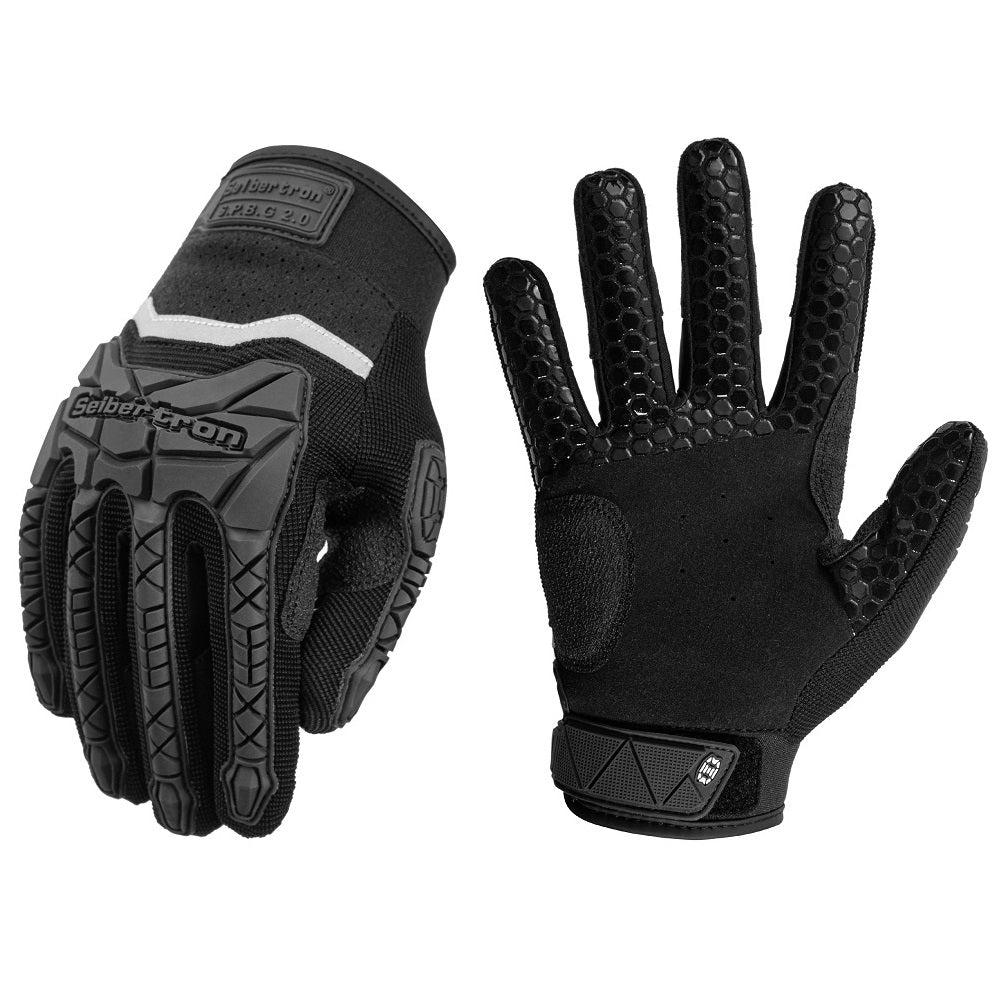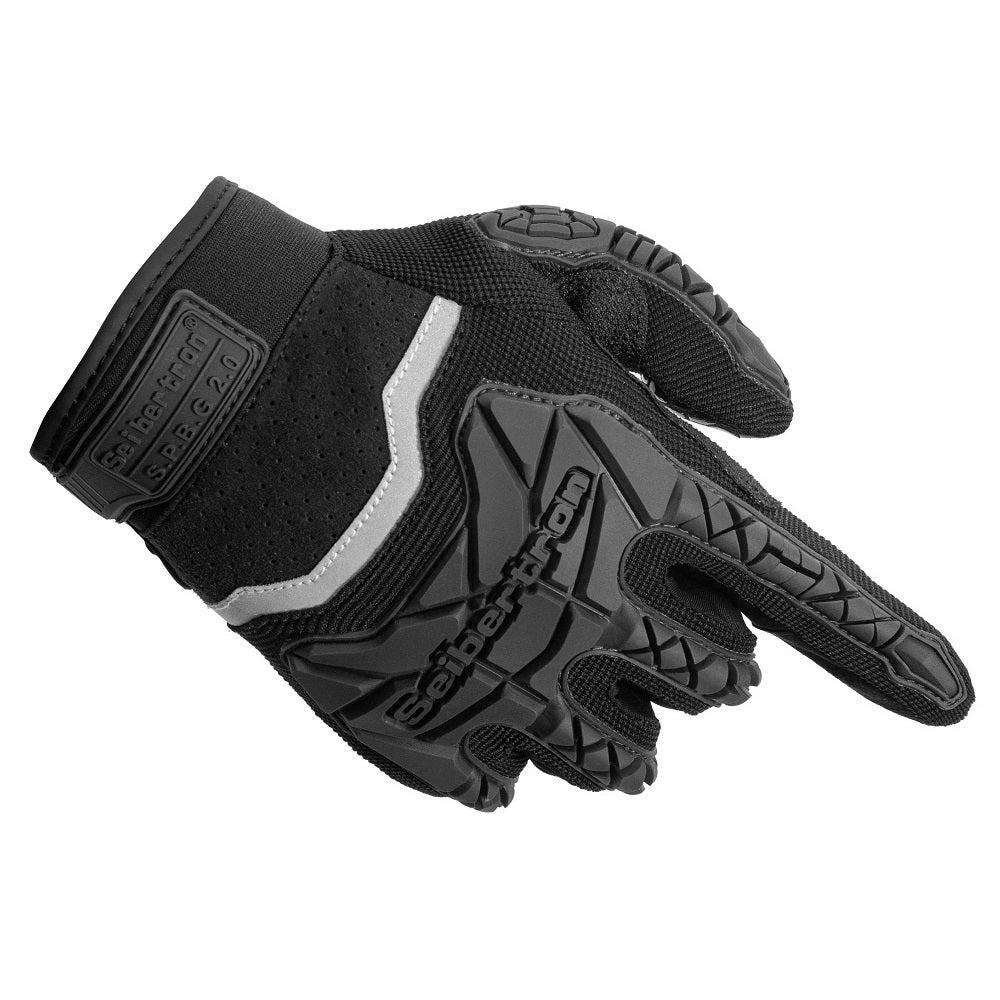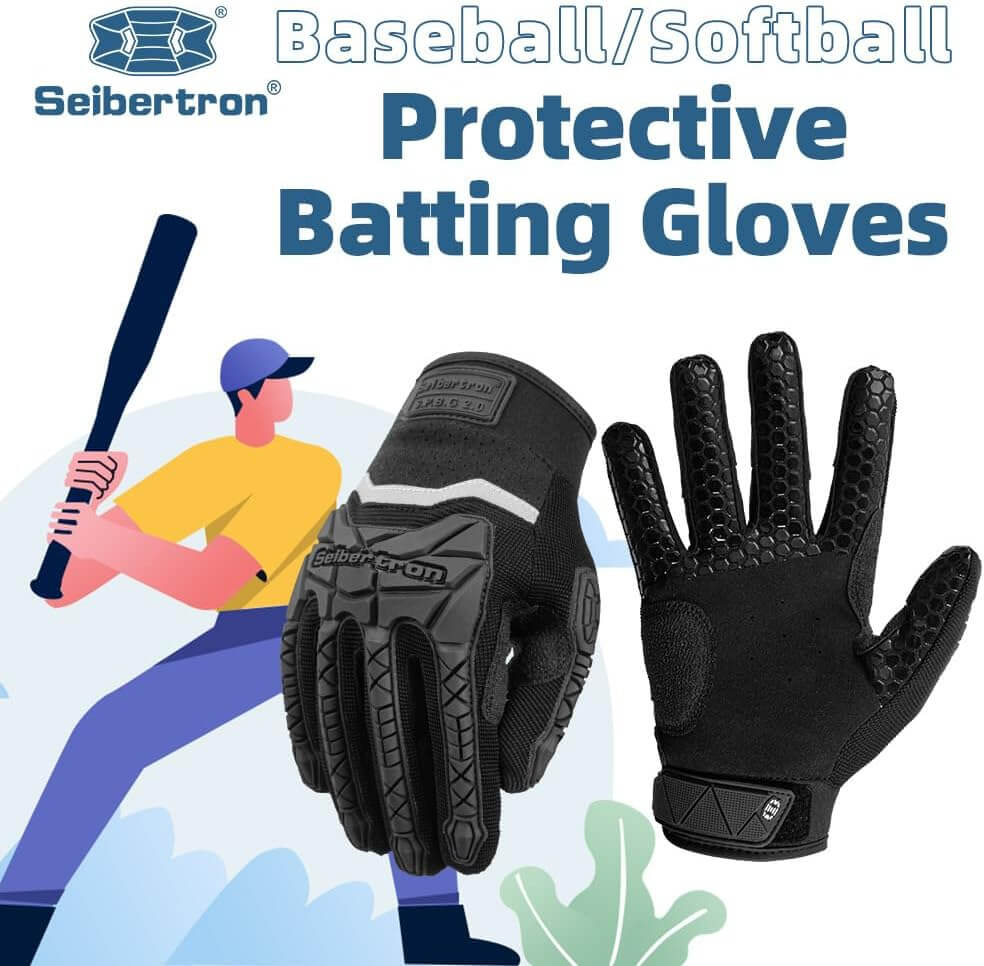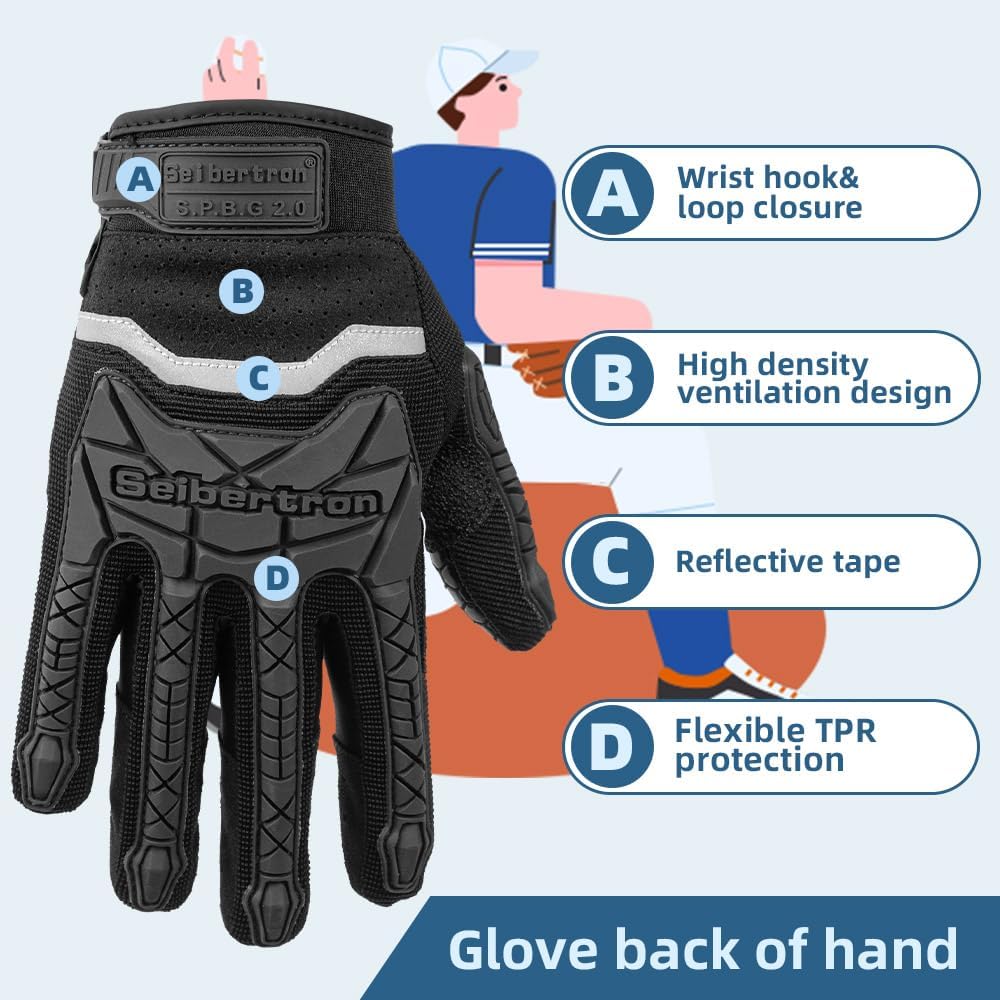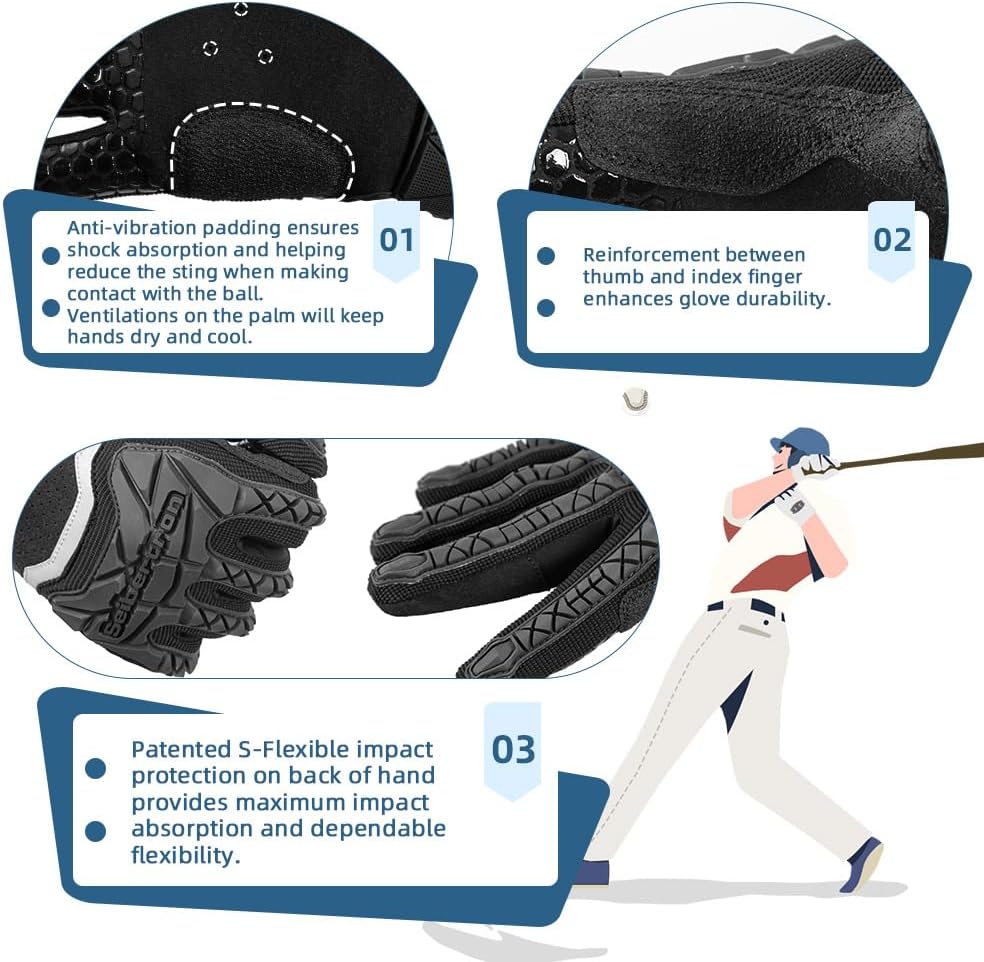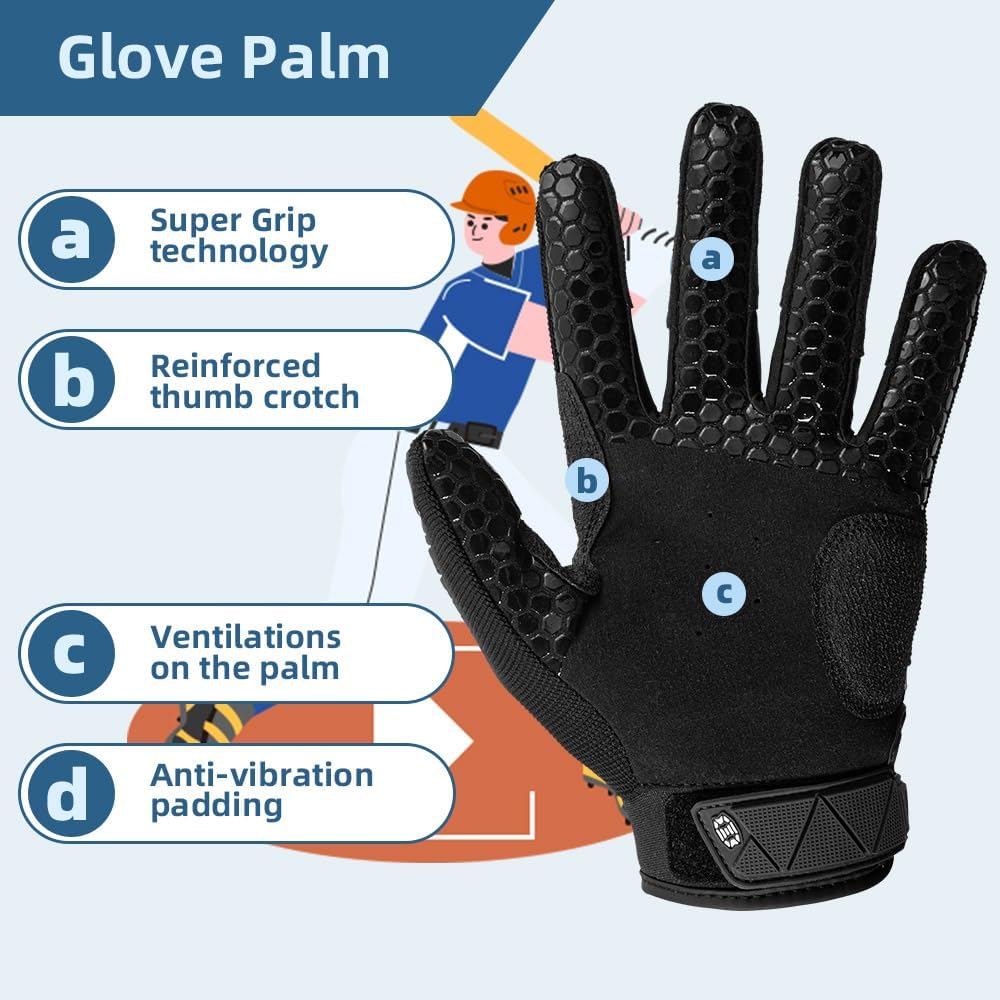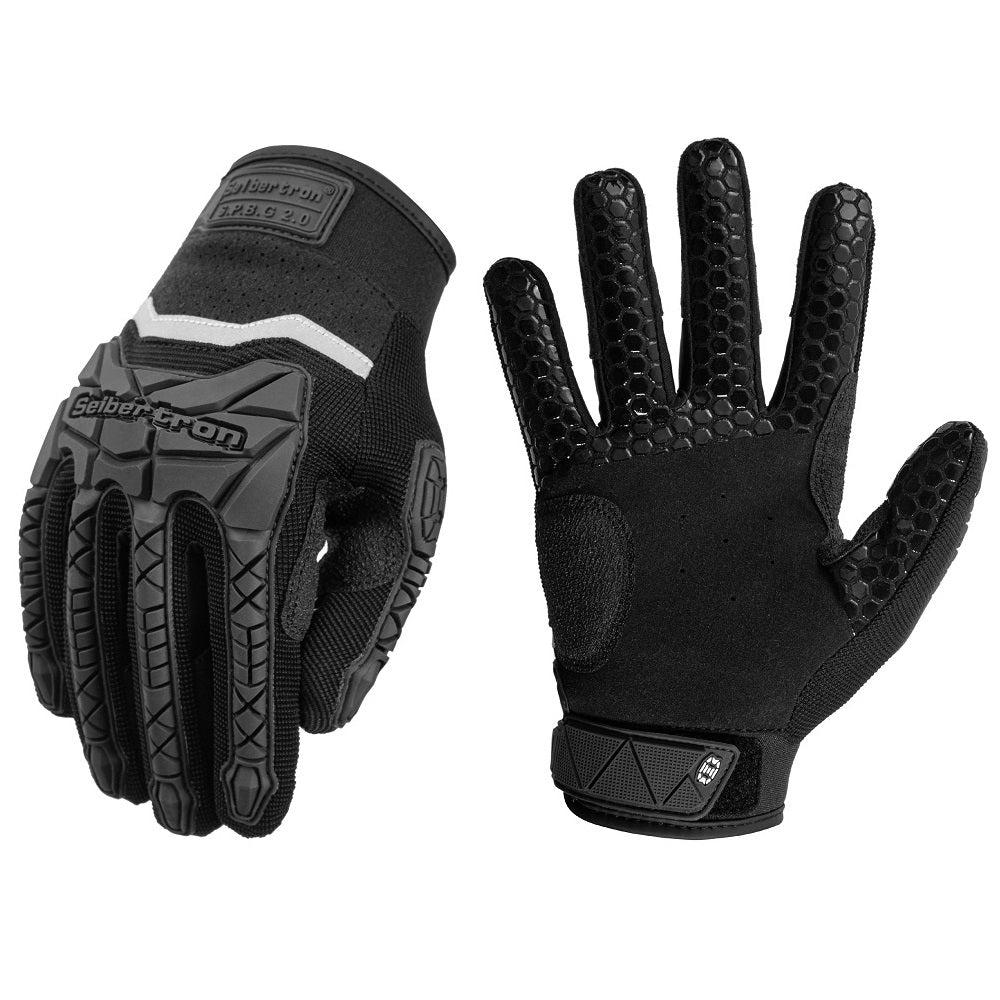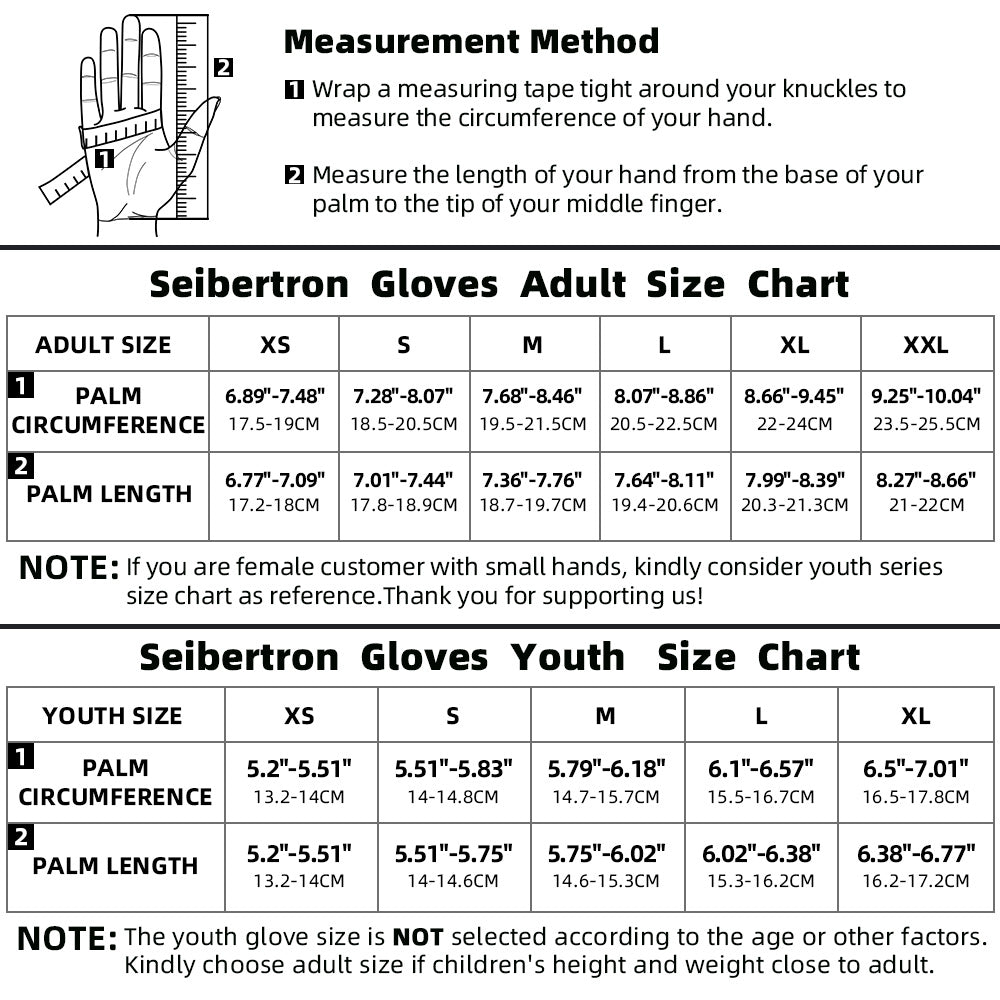Is Cold Weather Bad for Baseball Gloves? The Complete Guide
Discover how temperature impacts your baseball equipment and learn expert strategies to protect your investment during winter months.
Understanding Baseball Glove Materials
Leather Properties and Temperature Sensitivity
Baseball gloves, particularly high-quality pro baseball gloves and mlb baseball gloves, are primarily made from leather—a natural material that responds dramatically to temperature changes. When exposed to cold conditions, the collagen fibers in leather contract, causing the material to stiffen and become less flexible. This fundamental property of leather explains why your bb gloves feel completely different during a chilly April evening game compared to a warm July afternoon.
Synthetic Materials in Modern Gloves
While traditional gloves rely on leather, many modern batting gloves and softball gloves incorporate synthetic materials that offer different temperature responses. Brands like Franklin and Nike have developed proprietary blends specifically engineered for temperature resilience. The nike alpha elite batting gloves feature Dri-FIT technology that maintains flexibility in cold conditions, while the spiderz hybrid batting gloves use a unique synthetic-leather blend that resists stiffening.
Cold Weather Effects on Baseball Gloves
Structural Damage Risks
When leather stiffens in cold temperatures, it becomes more susceptible to cracking, especially along stress points like the hinge area of the thumb and the pocket. The risk increases exponentially when players try to force stiff gloves to close, potentially causing permanent damage to the lacing or leather itself.
Expert Tip: Never try to break in a cold glove through forceful manipulation. Allow it to warm gradually to room temperature before attempting to shape or use it.
Performance Implications
Cold weather doesn't just threaten the longevity of your glove—it directly impacts performance. A stiff glove has reduced pocket depth, making it harder to secure catches. The closure mechanism becomes sluggish, increasing the likelihood of dropped balls. For batting g (gloves), cold temperatures can significantly reduce grip on the bat, affecting swing control and power transfer.
Cold Weather Batting Gloves: Specialized Solutions
Recognizing the unique challenges of cold weather play, manufacturers have developed specialized cold weather batting gloves with features designed for temperature resilience:
Top Cold Weather Batting Glove Technologies
- Thermal Linings: Many cold-weather specific models feature lightweight thermal linings that retain heat without sacrificing flexibility.
- Wind-Resistant Materials: External layers designed to block wind chill while maintaining breathability.
- Enhanced Grip Compounds: Specialized palm treatments that maintain tackiness in low temperatures.
- Flex Zones: Strategic placement of stretch materials in high-mobility areas.
For players seeking premium cold-weather performance, the
Franklin baseball batting gloves are renowned for their Cold Weather Series, featuring Thermo-Lined insulation. The spiderz hybrid batting gloves utilize a unique graphene-infused palm pad that maintains flexibility below freezing. Meanwhile, the nike alpha elite batting gloves employ Aerogel insulation for maximum warmth with minimal bulk.
Protecting Your Gloves in Cold Weather
Pre-Game Preparation
Proper preparation can significantly reduce cold weather damage to your bb gloves:
Pro Preparation Routine: Store your gloves indoors until game time. Apply a quality leather conditioner specifically formulated for cold weather (avoid petroleum-based products). Lightly warm the glove with a blow dryer on low setting from at least 12 inches away, constantly moving the heat source.
In-Game Maintenance
During cold weather games, implement these protective measures:
- Keep gloves in an insulated bag when not in play
- Use hand warmers in your pockets (never directly on leather)
- Wipe away moisture immediately after plays
- Consider using a specialized glove warmer between innings
Off-Season Storage
Proper winter storage is crucial for maintaining your mlb baseball gloves and softball gloves:
- Clean thoroughly before storage
- Apply conditioner and allow to absorb completely
- Store in a climate-controlled environment
- Place a ball in the pocket to maintain shape
- Use a breathable storage bag (never plastic)
Seasonal Buying Guide
Black Friday Baseball Gloves Deals
For budget-conscious players, black friday baseball gloves sales offer exceptional value. Seibertron typically offers:
- 30-50% off previous season's premium models
- Bundle deals including glove care kits
- Early access to next season's cold weather technology
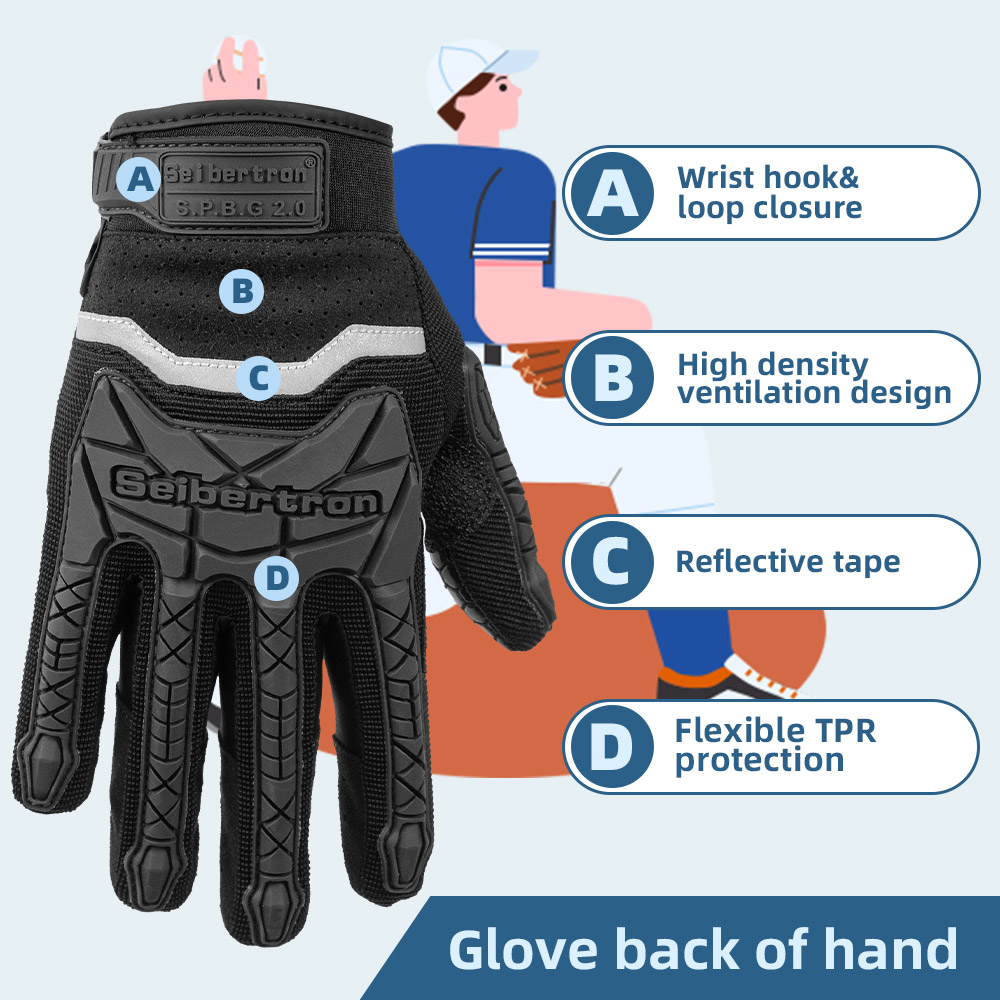
Selecting the Right Cold Weather Glove
When choosing gloves for cold conditions, consider these factors:
- Temperature rating (look for specific low-temp models)
- Moisture management capabilities
- Wrist closure style (extended cuffs help retain heat)
- Palm material composition
- Brand-specific cold weather technologies
Frequently Asked Questions
Yes, repeated exposure to cold temperatures without proper care can cause leather to become brittle and crack. The damage is cumulative and often irreversible once cracking occurs.
Use a conditioner specifically formulated for baseball gloves that contains lanolin or beeswax. Apply sparingly and work into all leather surfaces. Allow to absorb for 24 hours before storage. Avoid petroleum-based products as they can degrade leather fibers over time.
Synthetic materials generally maintain flexibility better in cold conditions, but lack the feel and durability of leather. Hybrid options like the spiderz hybrid batting gloves offer an excellent compromise with synthetic palms and leather backs.
While possible, standard batting gloves won't provide adequate warmth or flexibility below 50°F (10°C). Below this temperature, specialized cold weather batting gloves with thermal properties are strongly recommended for both comfort and performance.
Key Takeaways: Protecting Your Gloves in Cold Weather
Cold weather presents significant challenges for baseball gloves, from leather stiffening and cracking to reduced performance. However, with proper knowledge and care, you can extend the life of your Seibertron baseball gloves and maintain peak performance regardless of temperature.
Investing in specialized cold weather batting gloves like our B.A.R Pro 2.0 series provides both protection and performance advantages. Remember that proper conditioning, storage, and in-game maintenance are crucial for preserving your equipment during winter months.
Whether you're using pro baseball gloves or recreational bb gloves, implementing these strategies will ensure your gear remains in top condition season after season.
Explore Cold Weather Batting Gloves

